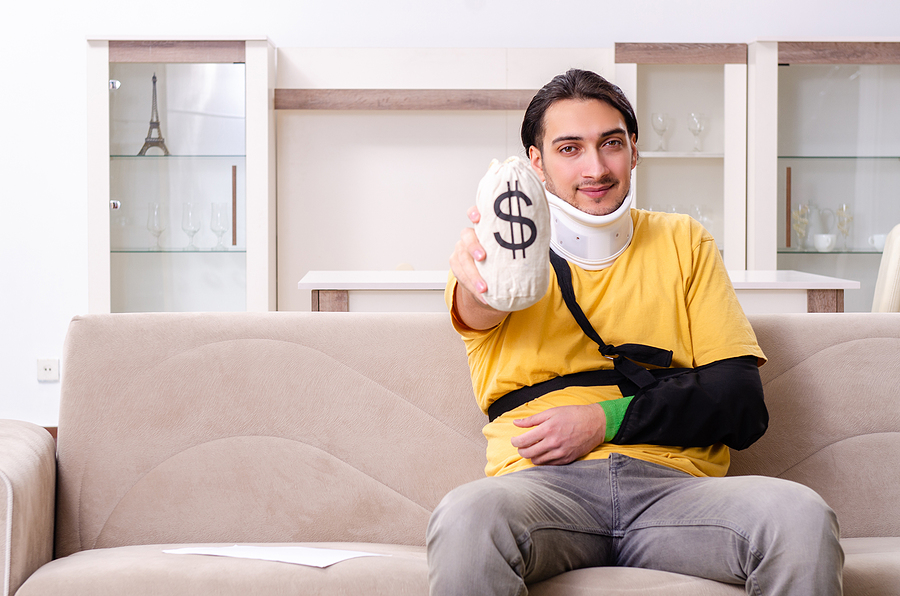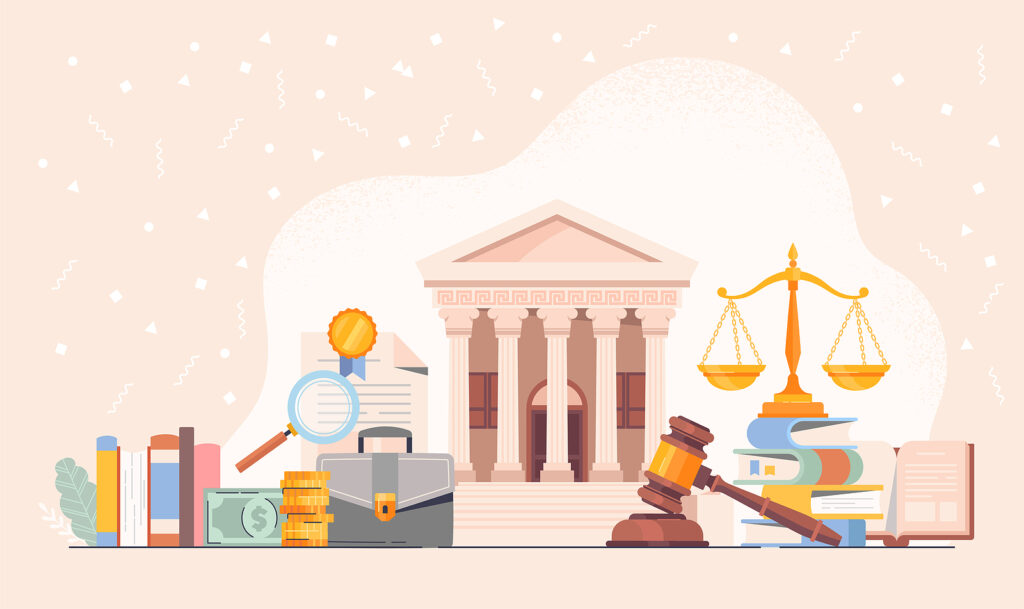No one ever anticipates getting injured in an accident or suffering from a medical condition that requires physical therapy, surgeries and other treatments. But when it happens, the financial strain can be overwhelming for individuals and their families. If you’ve been hurt in an accident or have suffered a significant injury, knowing how to protect your rights through filing a personal injury claim is essential.
Fortunately, there are steps you can take to recover financially from such tragedies by consulting with a personal injury lawyer who understands the legal process involved in filing a personal injury claim or lawsuit. By understanding what’s required of you as the plaintiff seeking damages, you can take back control of your life after facing serious injuries due to someone else’s negligence or carelessness.
In this blog post, we will discuss some of the ways to go about recovering financially after experiencing an accident-related injury or illness.

Economic Recovery for Victims of Personal Injury Accidents
Hire a Civil Lawyer
The first step is to retain a civil litigation lawyer who specializes in personal injury law. They can help you make sure you receive the compensation you are entitled to. Your personal injury attorney will be able to provide you with expert legal advice and represent your interests during settlement negotiations or in court if necessary. They will also assess any potential liabilities, review insurance policies involved, and ensure that all documentation is prepared correctly so your claim has the best chance of success.
Your accident lawyer will help you document your case by gathering evidence such as medical records, witness statements, photos, and videos taken at the scene of the accident, police reports, and other relevant materials. It’s important to be honest and thorough when discussing your case with your personal injury attorney so they can make an accurate assessment and develop a strategy for securing the compensation you are entitled to.
Stay Focused on Your Case
Once your personal injury claim has been filed, it is important to monitor any developments closely and remain in communication with your civil lawyer throughout the process. They will need additional information or documentation to prepare for negotiations, so staying organized and prepared can be beneficial. It’s also important to note that personal injury lawsuits can take time to settle, so patience is essential.
Trust Your Attorney For the Best Results
When recovering financially from an accident or injury, being strategic in how you approach the legal process is key. Working with an experienced personal injury lawyer will help ensure that you have the necessary resources and guidance needed to negotiate a successful outcome. With their expertise and knowledge of personal injury law by your side, you can reclaim your life and get the justice you deserve.
Common Types of Damages Awarded in Personal Injury Claims
Following personal injury, victims may find themselves facing emotional and financial hardships that can create a long-term impact on their life. Fortunately, personal injury damages help those affected to receive some financial recovery for the losses that occurred as a result of the incident. Generally speaking, personal injury compensatory damages are awarded for both economic and non-economic losses. The economic losses, such as hospital bills, medical expenses, and lost wages are objectively calculable, whereas non-economic awards are more subjective, such as pain and suffering, as well as loss of quality of life, loss of consortium, mental anguish, spectrum of disability, and more.
Depending on the circumstances surrounding the personal injury incident in question, punitive damages may also be awarded in order to punish those responsible for gross negligence. Ultimately, personal injury damages provide essential financial relief while holding negligent parties responsible for their actions. Talk to an esteemed Indiana accident lawyer to learn which personal injury damages you might be entitled to.
Don’t hesitate if you’ve been victimized in a wrongful accident. In regard to such matters, the earlier you act, the higher your chances of success will be – so don’t delay! Contact the Law Office of Craven, Hoover, and Blazek P.C. at 317-881-2700 to schedule a free consultation with a licensed personal injury lawyer in Indianapolis. We represent victims all throughout the state of Indiana and Indiana residents injured in other states.
Related Posts:
3 Common Myths About Making a Personal Injury Claim
What To Expect During a Personal Injury Settlement Negotiation
FAQS Regarding Personal Injury Settlements

